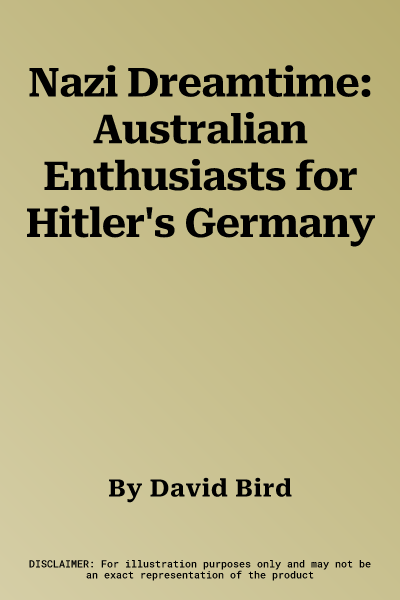Nazi Dreamtime is the groundbreaking story of extreme-right,
ultra-nationalist thought and practice in Australia in the period
immediately before and during the Second World War. It focuses on those
native-born Australians who were attracted to the ideology of Nazism in
Germany from 1933. Their belief was that the achievements and tenets of
the Nazi regime were applicable to Australian political and cultural
life to some extent. These Nazi enthusiasts and their fellow travel ers
differed markedly over the extent of that applicability, but all agreed
that Australians ought to learn from and follow the European experiment
of the 'German revolution'. The appeal of Nazism was marked in the
immediate post-Depression years amongst those Australians who rejected
democracy but were uncomfortable with alternatives on the conservative
Right and on the Left. The aggressive foreign policy followed by Berlin
in the late-thirties failed to shake the faith of these ideologues and
even the duress of war would not dislodge the faith of some in
Hitlerism.
This group was charitably described as 'well-meaning dreamers' by one
renegade amongst them and their ranks included tourists, appeasers,
political agitators, propagandists, writers, poets, mystics, aesthetes,
academics, soldiers and outright cranks. Some were obscure figures;
others enjoyed a high public profile and were well-known. Many thought
that aboriginal concepts of dreaming could be merged with a local
variant of national-socialism to form a white dreaming - a Nazi
Dreamtime under the Southern Cross. Only the defeat of Nazi Germany in
1945 terminated the prospects of what had turned from dream to
nightmare, although the idea lingered.

